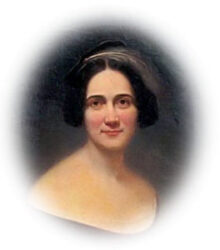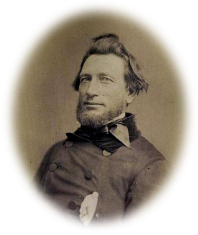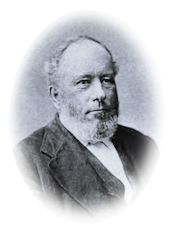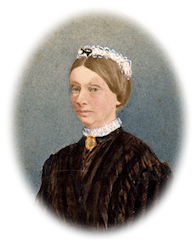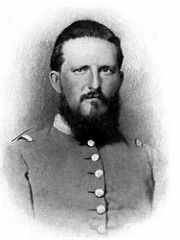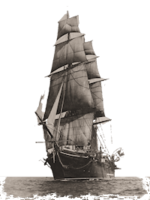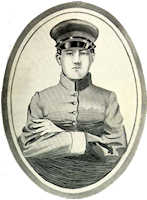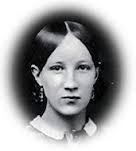March 7th.–Mrs. Middleton was dolorous indeed. General Lee had warned the planters about Combahee, etc., that they must take care of themselves now; he could not do it. Confederate soldiers had committed some outrages on the plantations and officers had punished them promptly. She poured contempt upon Yancey’s letter to Lord Russell. ¹ It was the letter of a shopkeeper, not in the style of a statesman at all.
We called to see Mary McDuffie. ² She asked Mary Preston what Doctor Boykin had said of her husband as we came along in the train. She heard it was something very complimentary. Mary P. tried to remember, and to repeat it all, to the joy of the other Mary, who liked to hear nice things about her husband.
Mary was amazed to hear of the list of applicants for promotion. One delicate-minded person accompanied his demand for advancement by a request for a written description of the Manassas battle; he had heard Colonel Chesnut give such a brilliant account of it in Governor Cobb’s room.
The Merrimac ³ business has come like a gleam of lightning illumining a dark scene. Our sky is black and lowering.
The Judge saw his little daughter at my window and he came up. He was very smooth and kind. It was really a delightful visit; not a disagreeable word was spoken. He abused no one whatever, for he never once spoke of any one but himself, and himself he praised without stint. He did not look at me once, though he spoke very kindly to me.
______
¹ Lord Russell was Foreign Secretary under the Palmerston administration of 1859 to 1865.
² Mary McDuffie was the second wife of Wade Hampton.
³ The Merrimac was formerly a 40-gun screw frigate of the United States Navy. In April, 1861, when the Norfolk Navy-yard was abandoned by the United States she was sunk. Her hull was afterward raised by the Confederates and she was reconstructed on new plans, and renamed the Virginia. On March 2, 1862, she destroyed the Congress, a sailing-ship of 50 guns, and the Cumberland, a sailing-ship of 30 guns, at Newport News. On March 7th she attacked the Minnesota, but was met by the Monitor and defeated in a memorable engagement. Many features of modern battle-ships have been derived from the Merrimac and Monitor.
